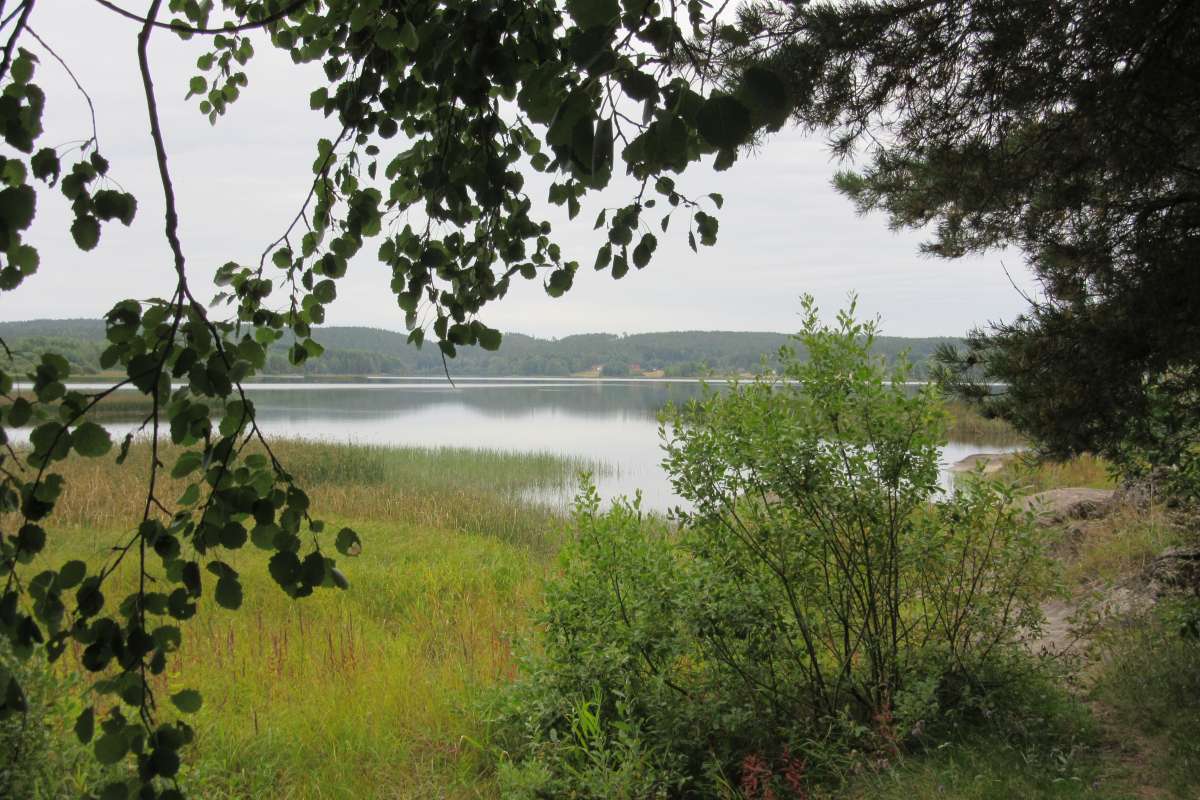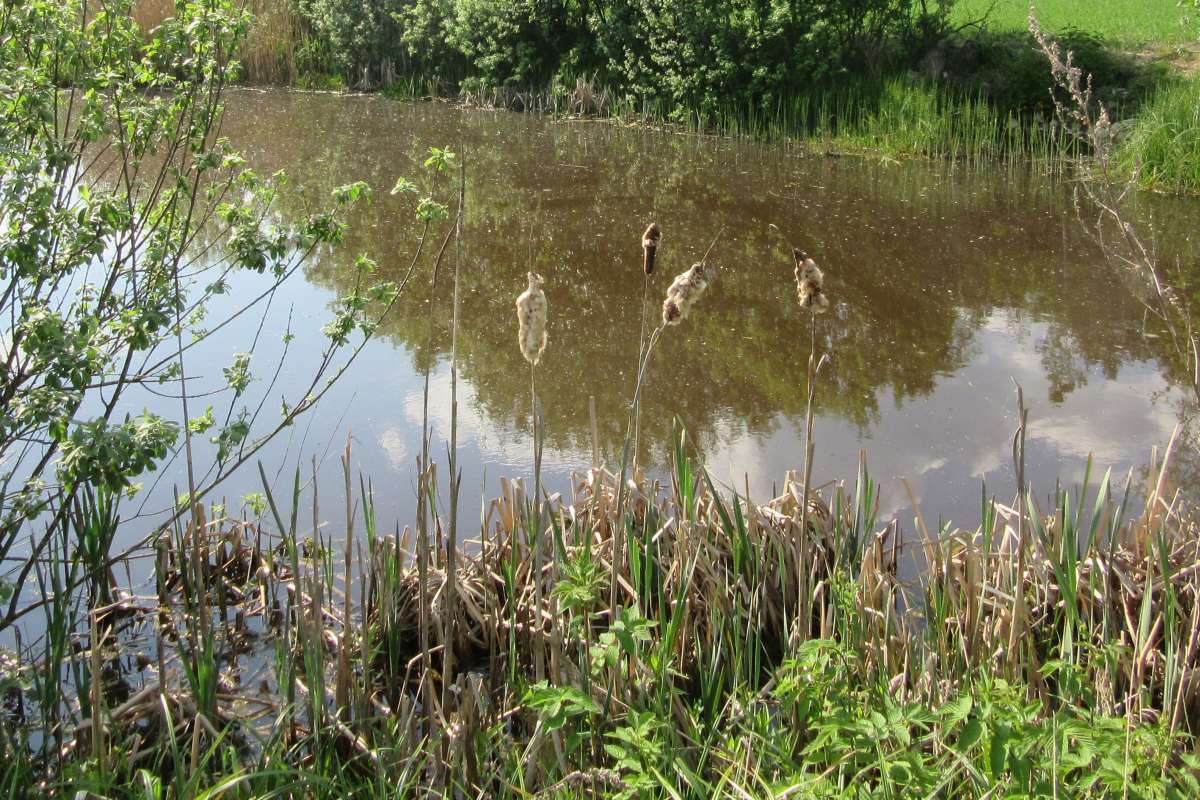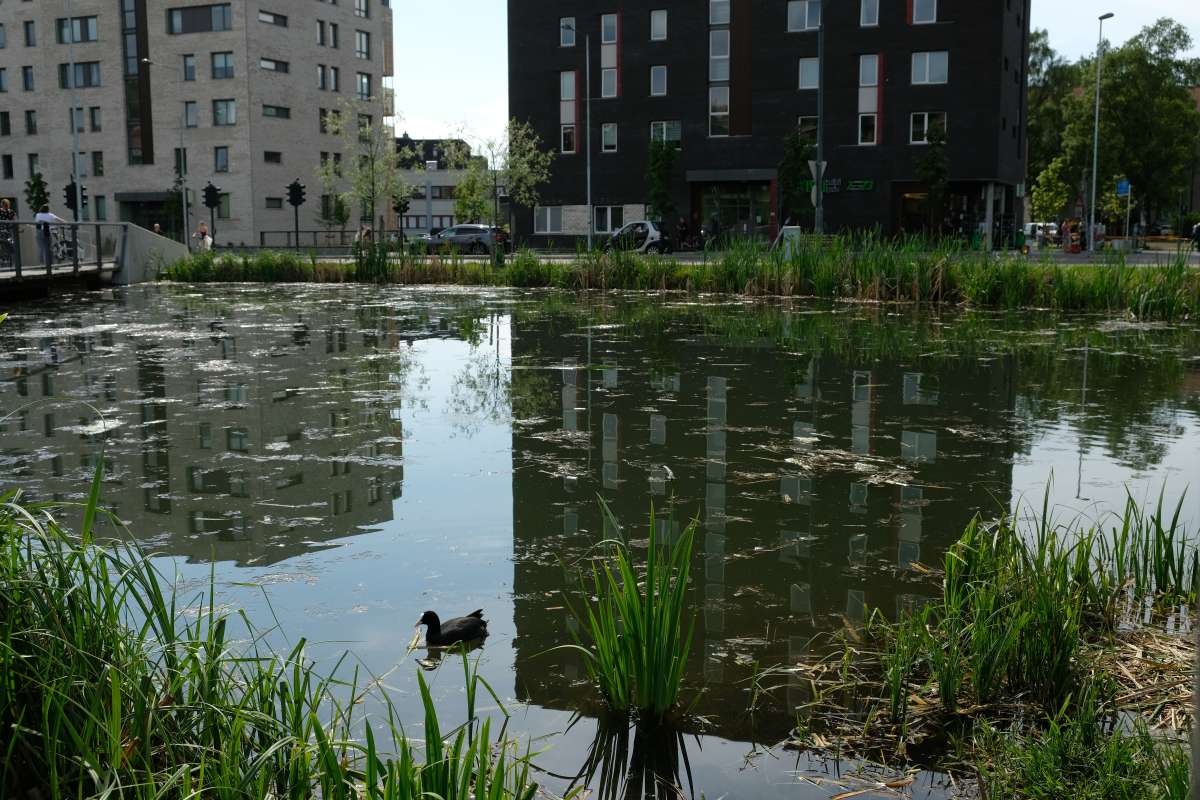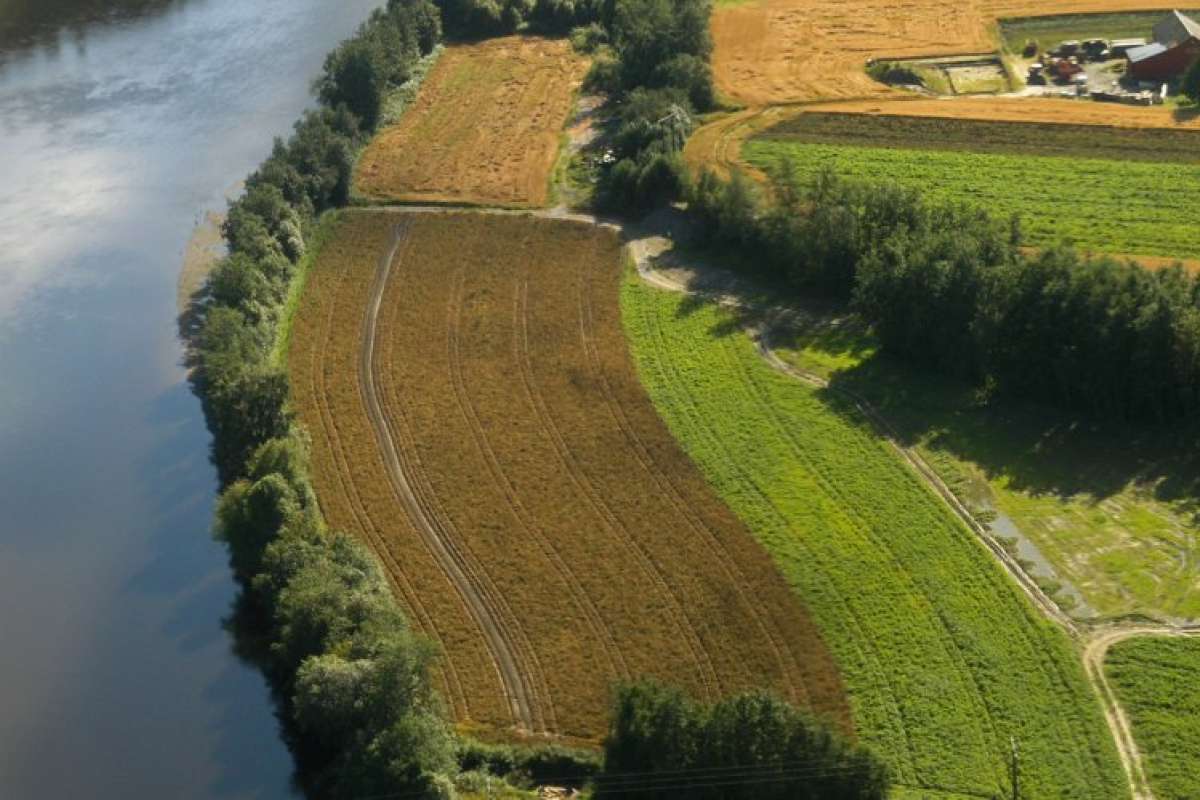Sustainable bioeconomy vital for freshwater resources
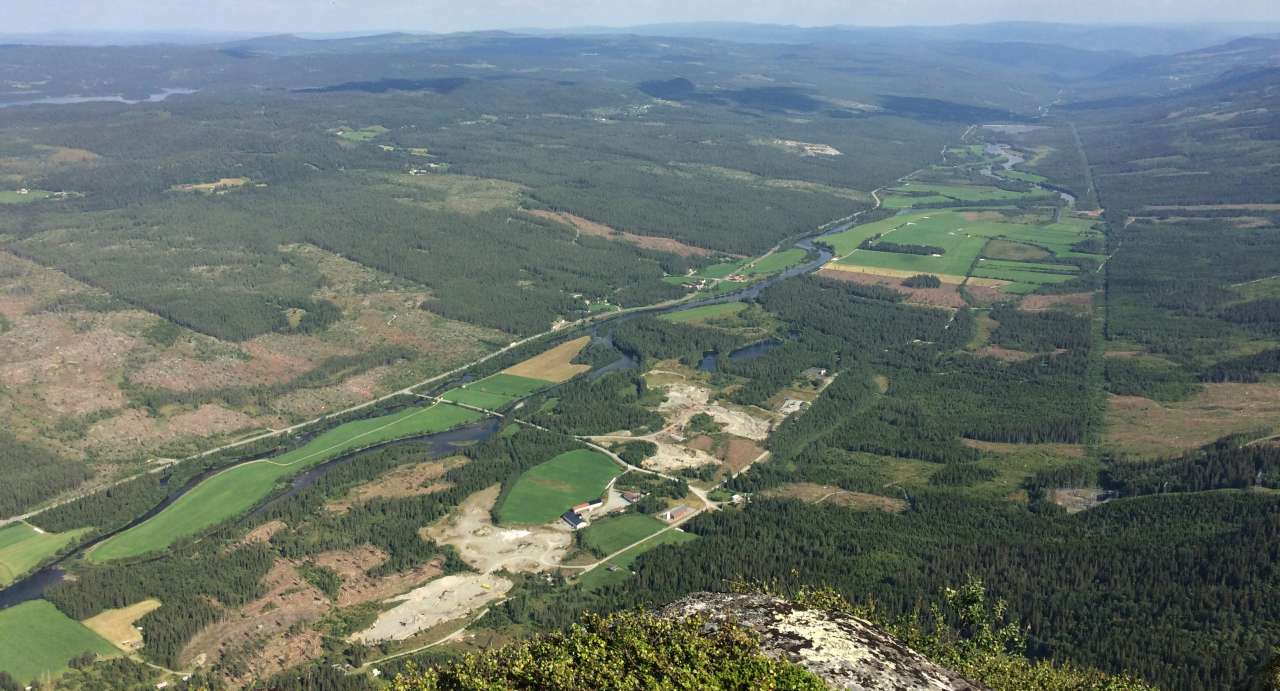
In future, our world may increasingly rely on renewable biomass resources for the provision of food, fodder, fibre and fuel. BIOWATER, a Nordic Centre of Excellence, is currently looking into how this transition to a bioeconomy will affect Nordic water resources. Photo: Lieke Vermaat.
If the bioeconomy with its utilisation of renewable land-based biomass does not develop in a sustainable way, the alterations of the rural landscape, in combination with expected climate change, will seriously affect our freshwater resources.
In future, our world may increasingly rely on renewable biomass resources for the provision of food, fodder, fibre and fuel. How this transition to a bioeconomy will affect Nordic water resources, is something BIOWATER, a Nordic Centre of Excellence, is currently looking into.
In a recent special issue of the human environment journal Ambio, BIOWATER’s researchers have explored how the answer may be found in plausible scenarios, long-term datasets, and modelling. They have also studied how societies will be affected by these changes and investigated various environmental mitigation options.
“A key question is how land use will change, and how this, in combination with climate change, will affect water quantity, quality and biology – and thereby the ecosystem services provided by water resources,” says Dr. Eva Skarbøvik, Head of Research at NIBIO and leader of BIOWATER. “Based on our research so far, it is safe to say that if the bioeconomy does not develop in a sustainable way, the alterations of the rural landscape, in combination with expected climate change, will seriously affect freshwater resources.”
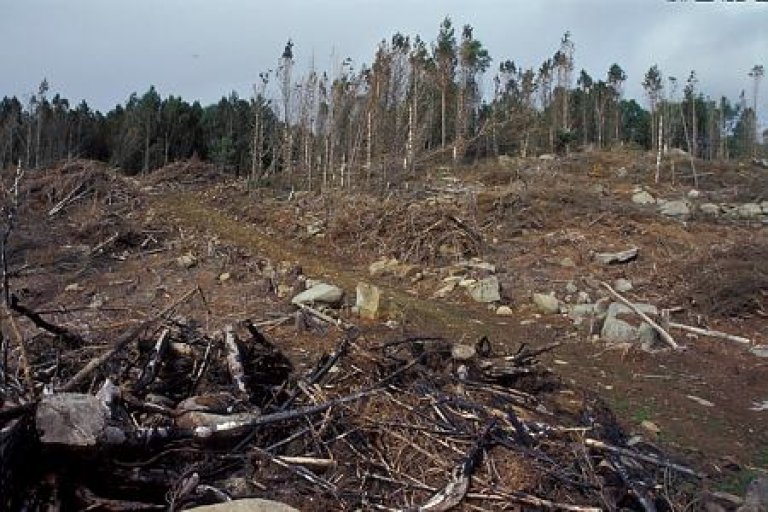
Long-term monitoring data crucial
The main messages from BIOWATER, in addition to the risk of bioeconomy negatively affecting freshwater resources, is that unsustainable land use in combination with climate change will have severe impacts on the ecosystems. This can subsequently affect human welfare.
Dr. Jan Vermaat, professor at the Norwegian University of Life Sciences (NMBU) and co-leader of BIOWATER with Dr. Skarbøvik, says that long-term monitoring data of water quality, quantity and land use practices are crucial for discovering new trends in our Nordic water resources.
“The trends we’ve seen based on long-term monitoring data must be considered as warnings of the impacts bioeconomy can have in future,” he says. “Systematic monitoring data of catchments dominated by different forestry practices are, however, less available than for agricultural and forested catchments, so this is something to be aware of in the years to come.”
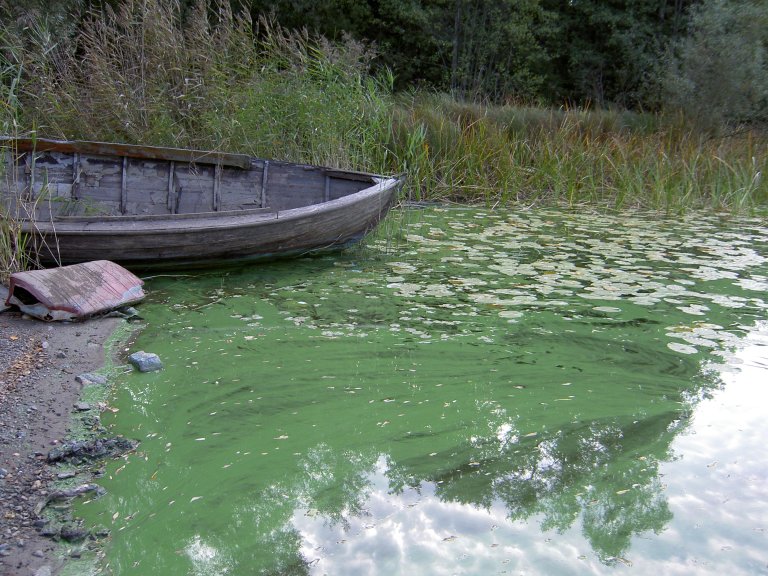
Targeted mitigation measures improve surface water quality
The full impacts of a bioeconomy on water resources and society is unknown, seeing as most of BIOWATER’s modelling of impacts in various future scenarios only started up this autumn. That being said, results so far, in combination with other investigations, indicate that a bioeconomy with heavy exploitation of natural resources can have severe and irreversible negative effects on nature and the ecosystem services that it provides.
“Better targeting of mitigation measures offers clear optimisation opportunities for improving surface water quality,” Dr. Skarbøvik says, adding, “Targeted mitigation measures, i.e. location of measures and dimension, can assist in reducing negative side effects of a growing bioeconomy, while at the same time reducing unnecessary occupation of fertile land useful for the production of food, fodder, fibre and fuel.”
KONTAKTPERSON

Eva Skarbøvik
Seniorforsker
-
Divisjon for miljø og naturressurser
(+47) 416 28 622 eva.skarbovik@nibio.no Kontorsted: Ås - Bygg O43

BIOWATER Policy Brief No 1 2020.pdf
Biowater
BIOWATER (2017-2022) is a Nordic Centre of Excellence coordinated by Dr. Eva Skarbøvik at NIBIO and Jan Vermaat at NMBU and funded by NordForsk under the Nordic Programme of Bioeconomy. Through co-operation between stakeholders, scientists and students, BIOWATER explores how the green shift will influence land use, water quality and quantity. The Centre, which consists of eight Nordic partners, aims to provide management solutions in the face of potentially competing demands for biomass, land and water resources.
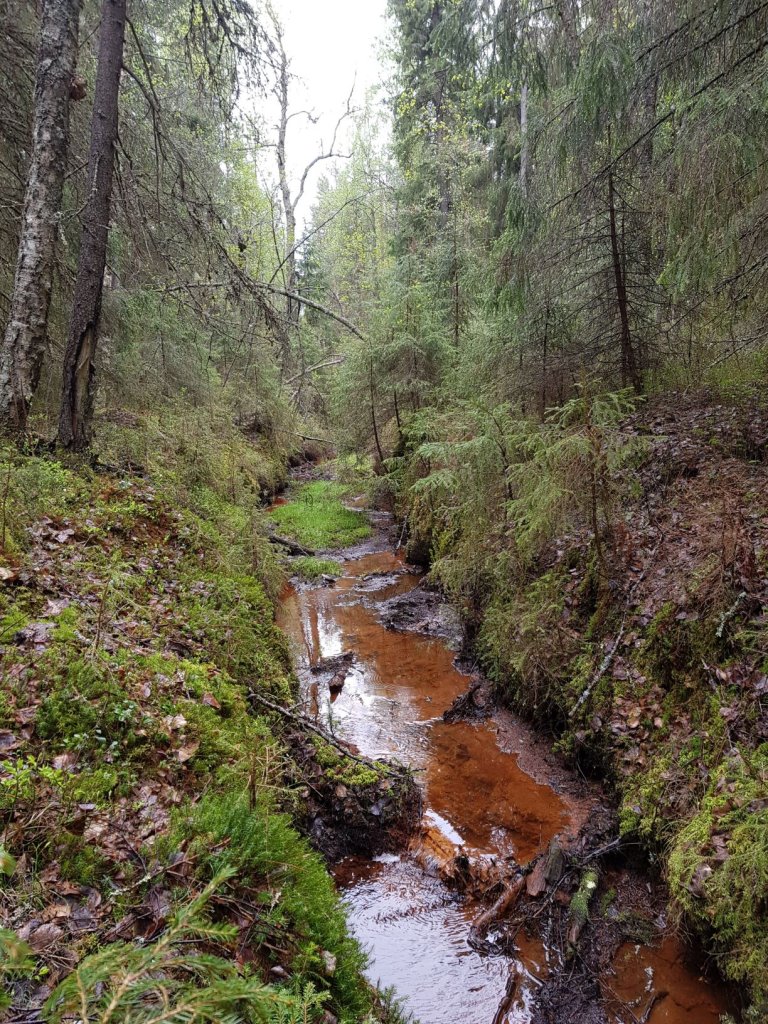
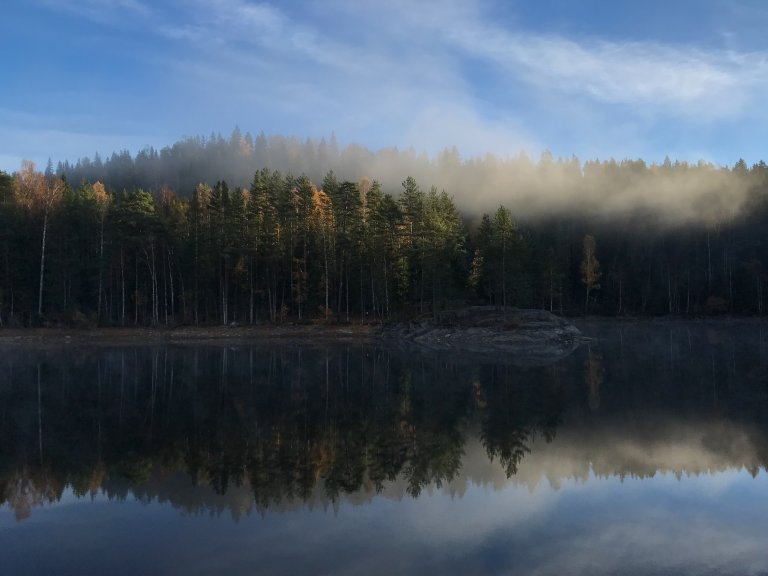
KONTAKTPERSON

Eva Skarbøvik
Seniorforsker
-
Divisjon for miljø og naturressurser
(+47) 416 28 622 eva.skarbovik@nibio.no Kontorsted: Ås - Bygg O43
Tekst frå www.nibio.no kan brukast med tilvising til opphavskjelda. Bilete på www.nibio.no kan ikkje brukast utan samtykke frå kommunikasjonseininga. NIBIO har ikkje ansvar for innhald på eksterne nettstader som det er lenka til.

